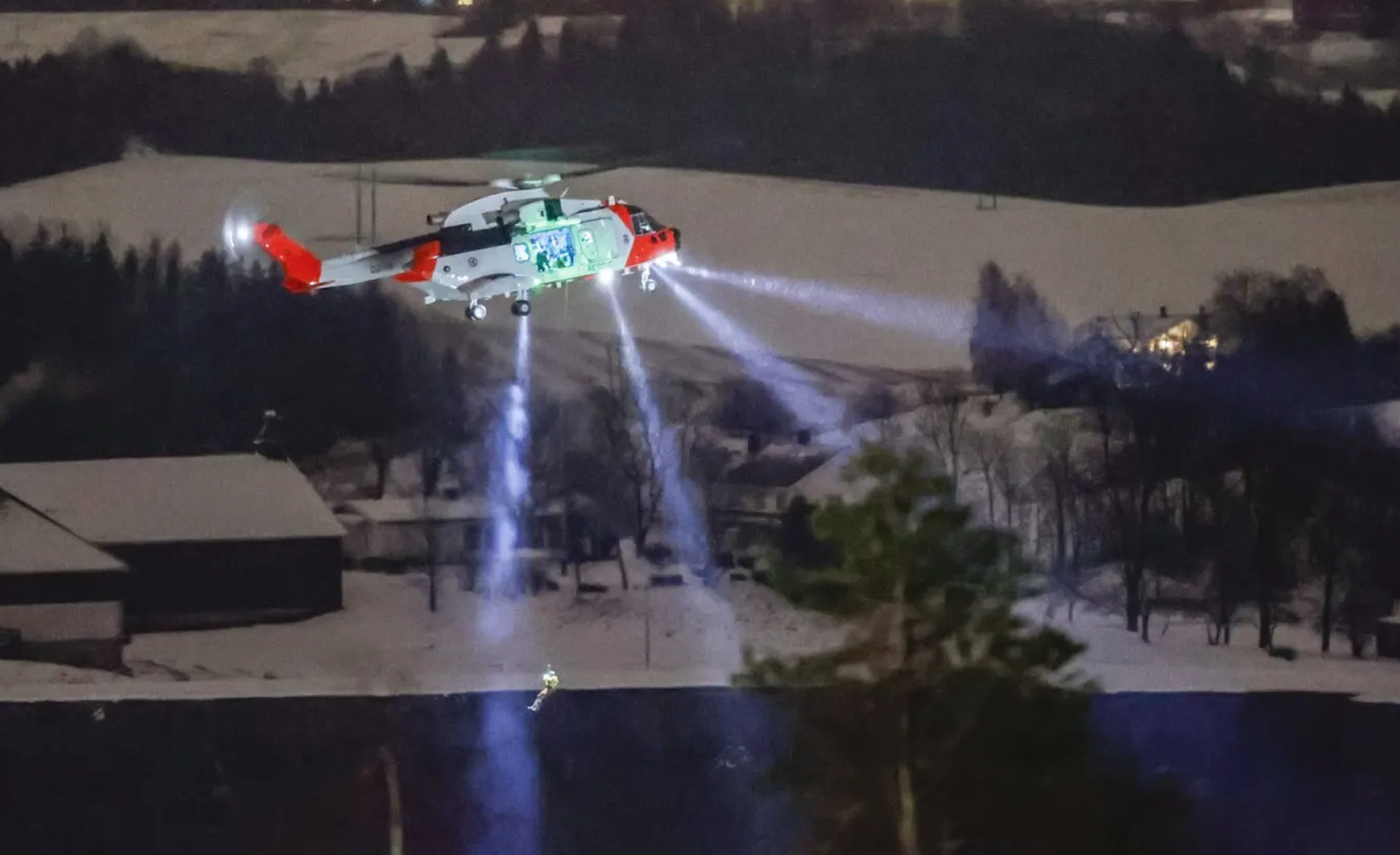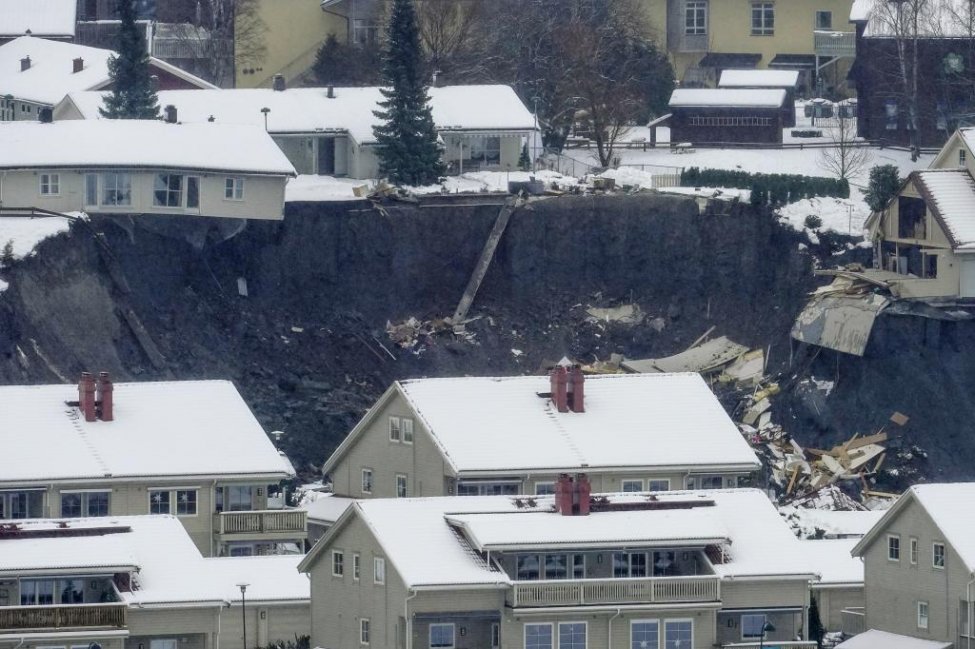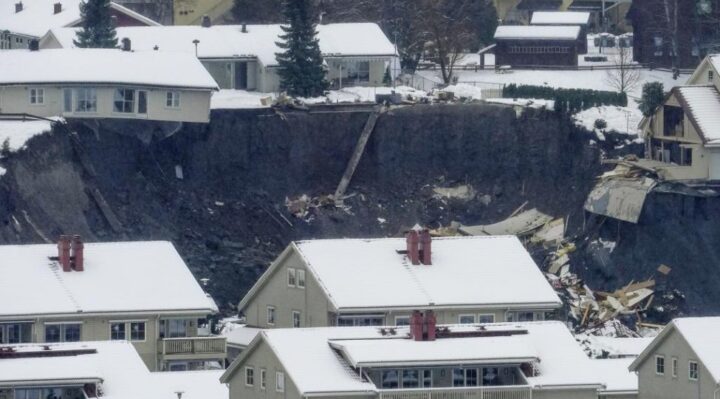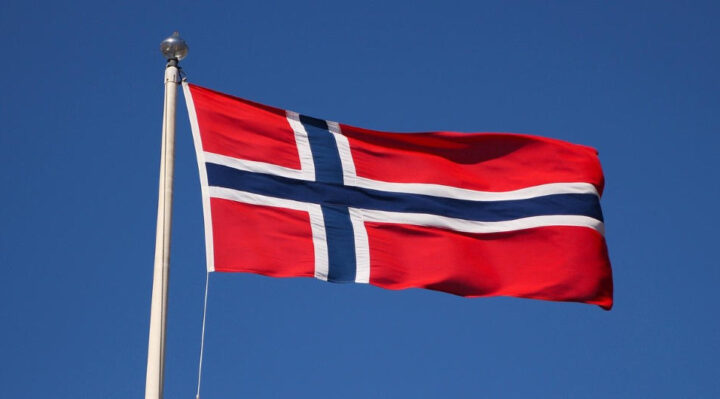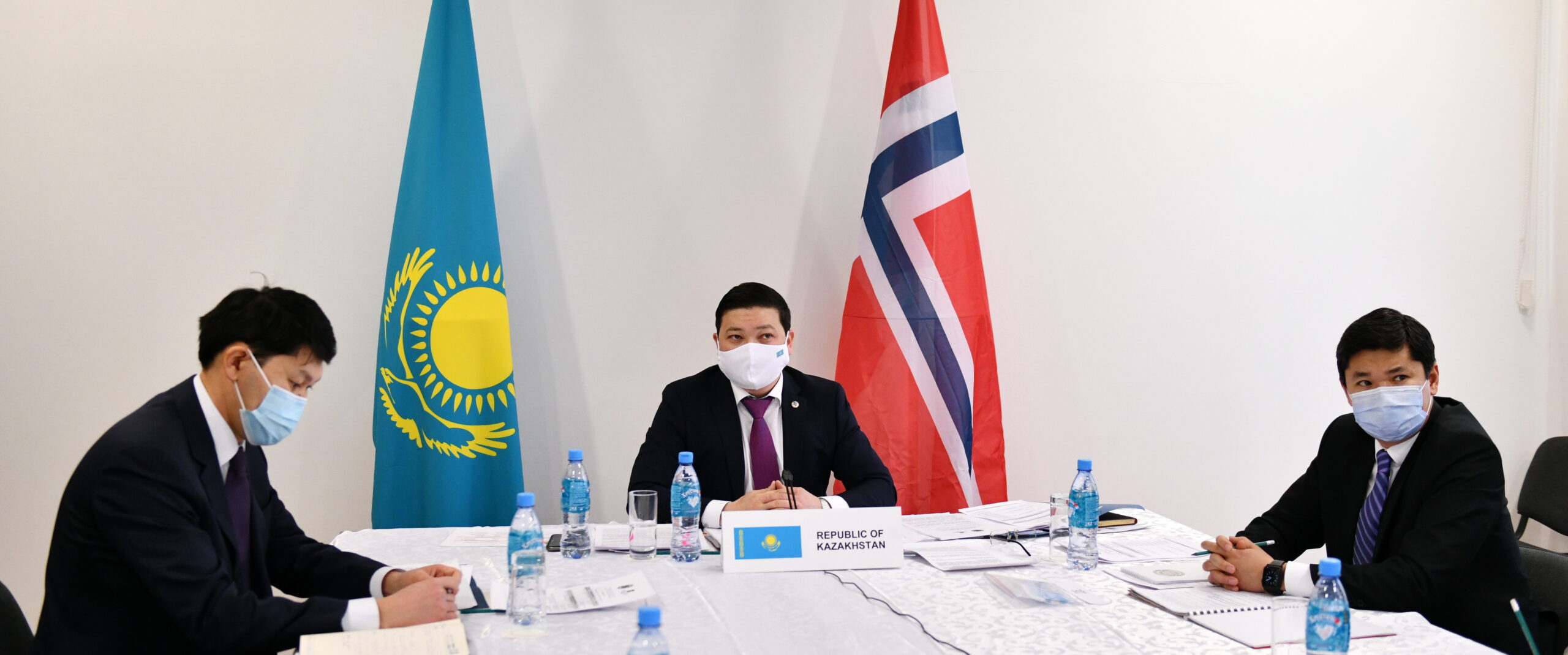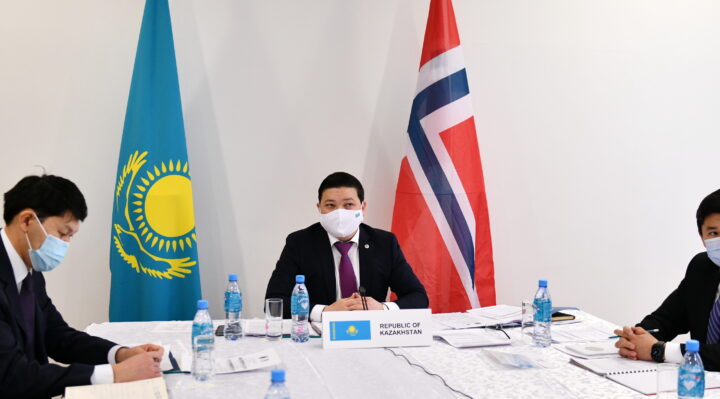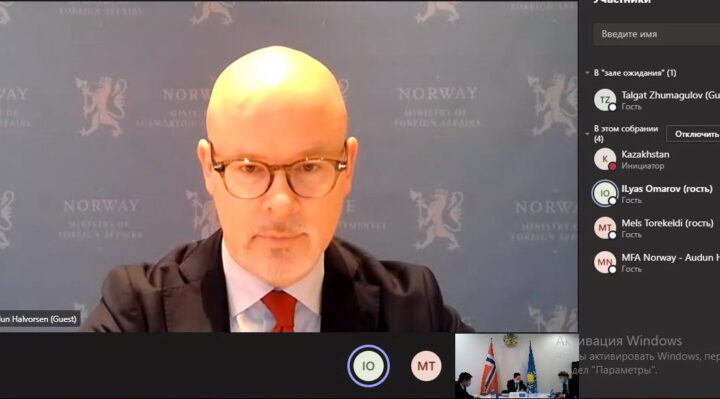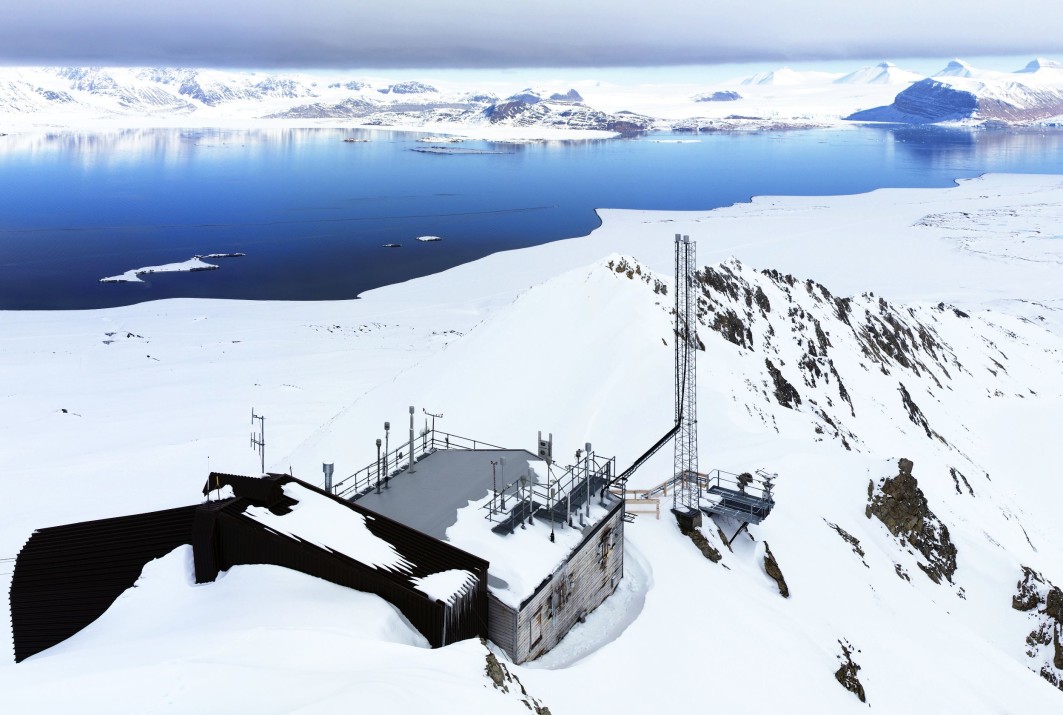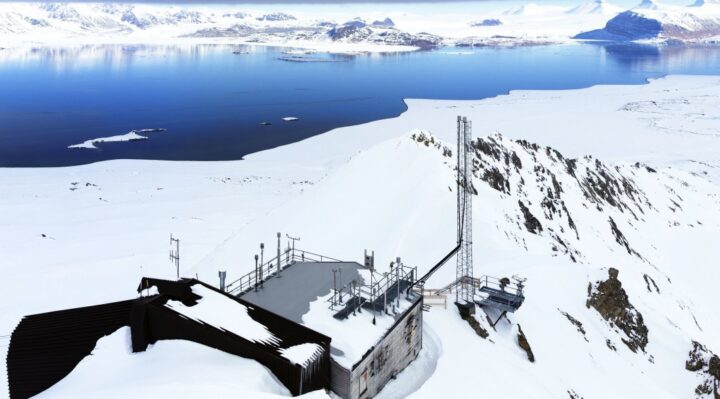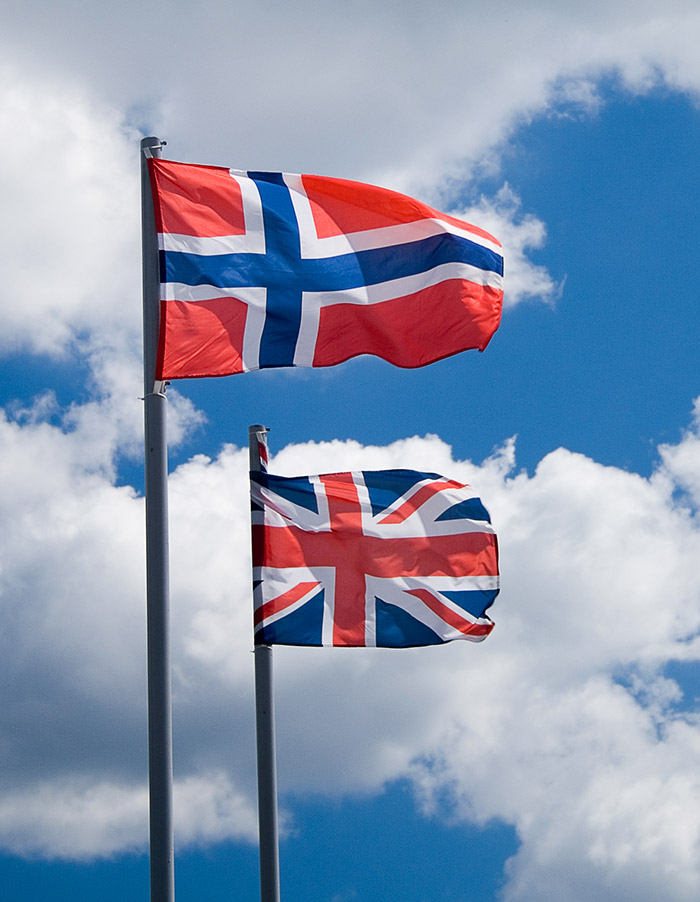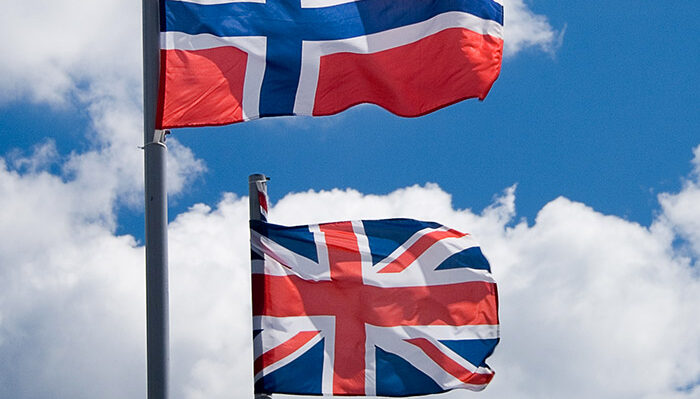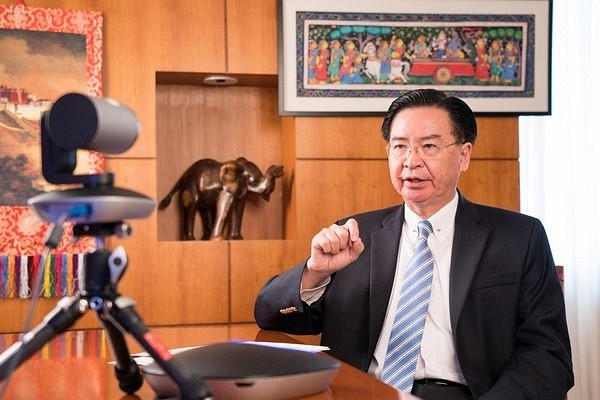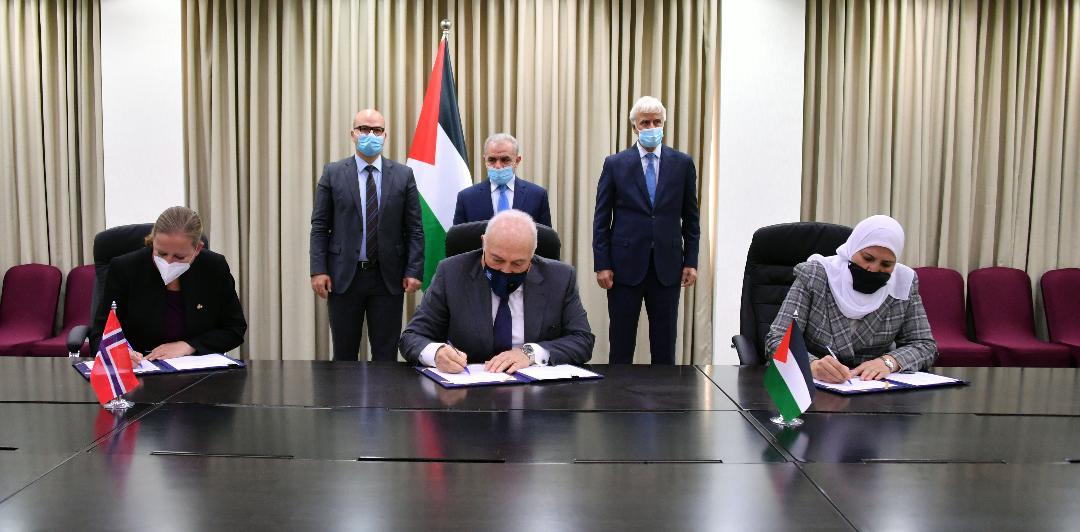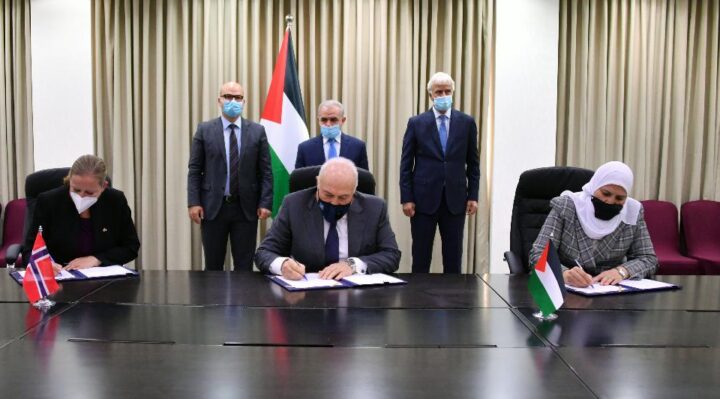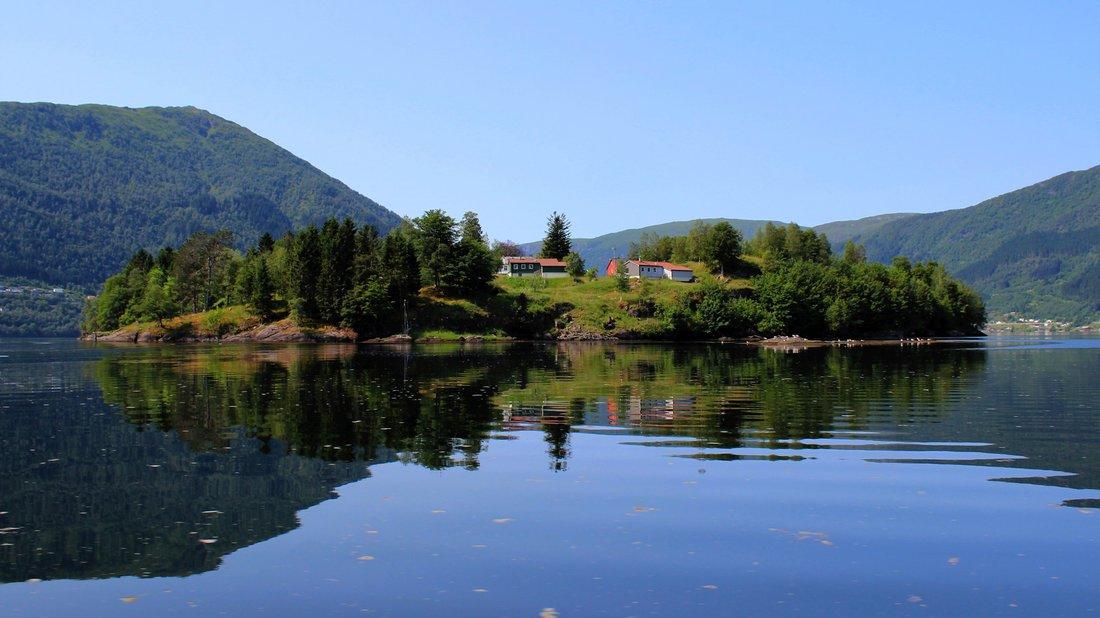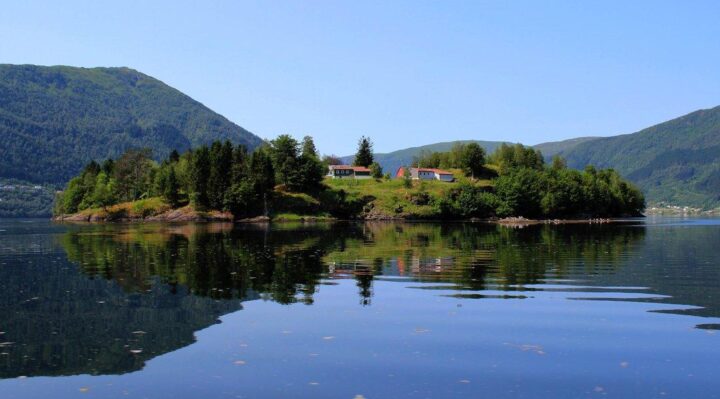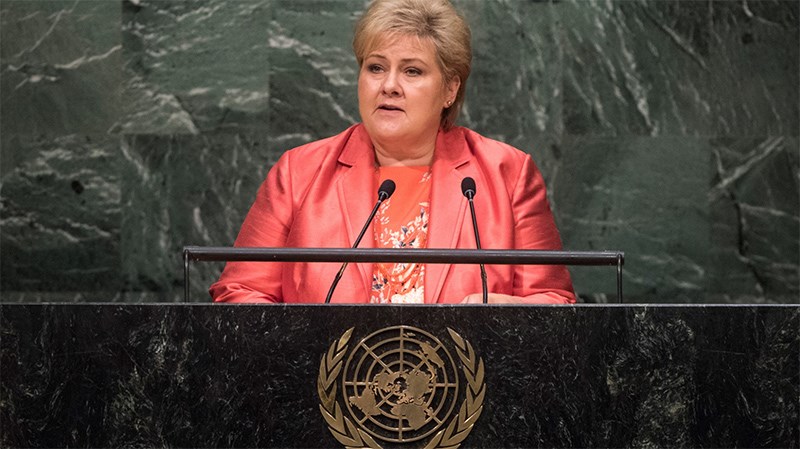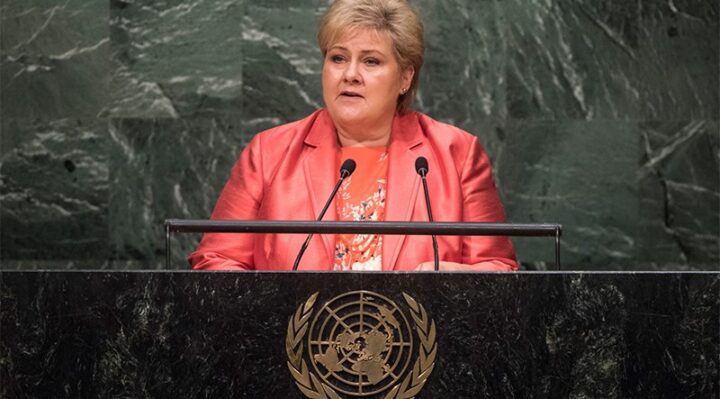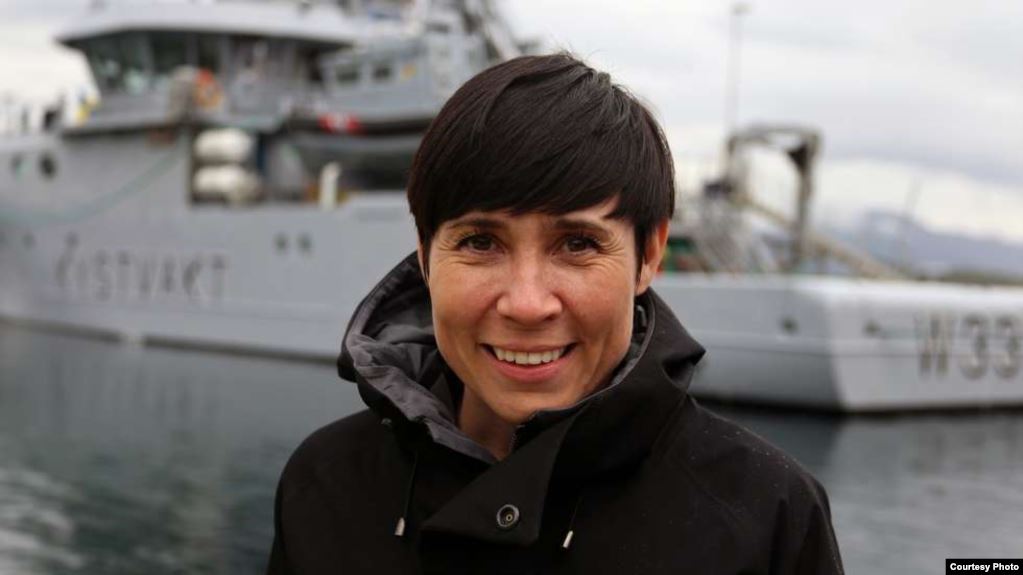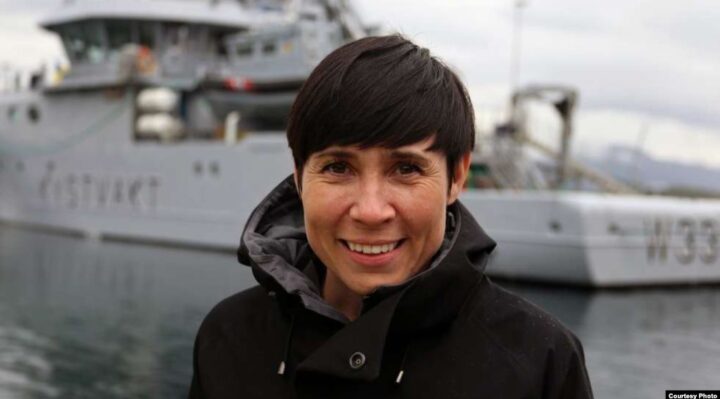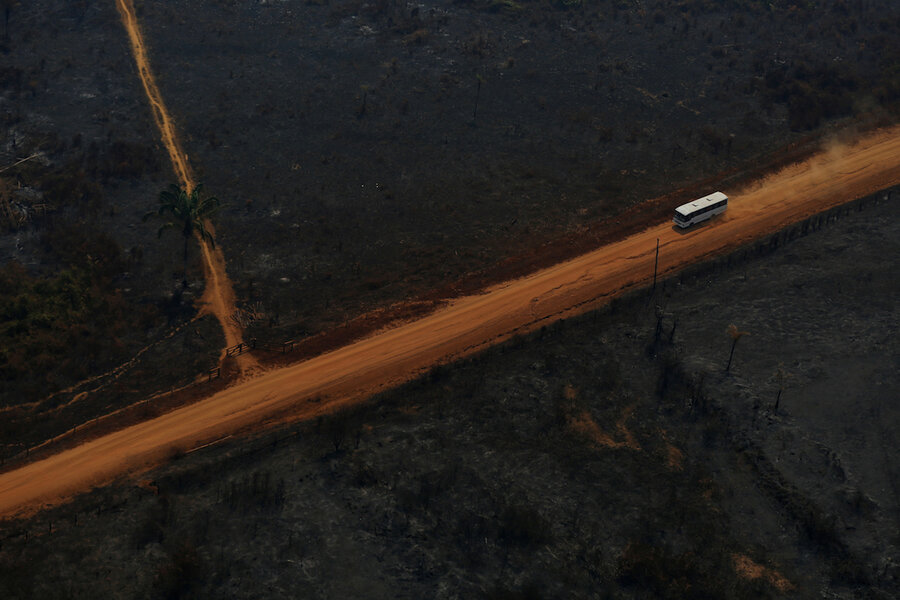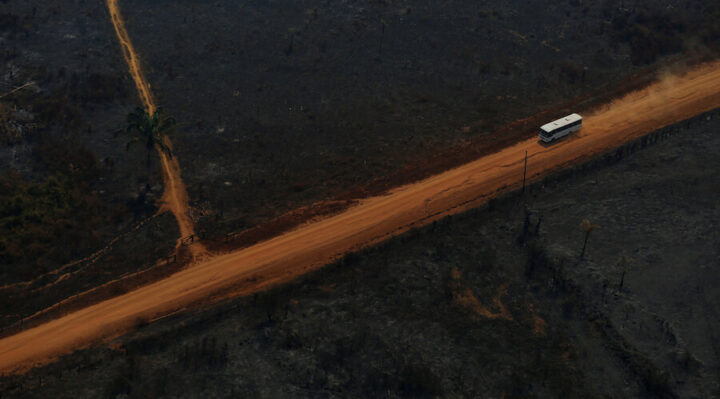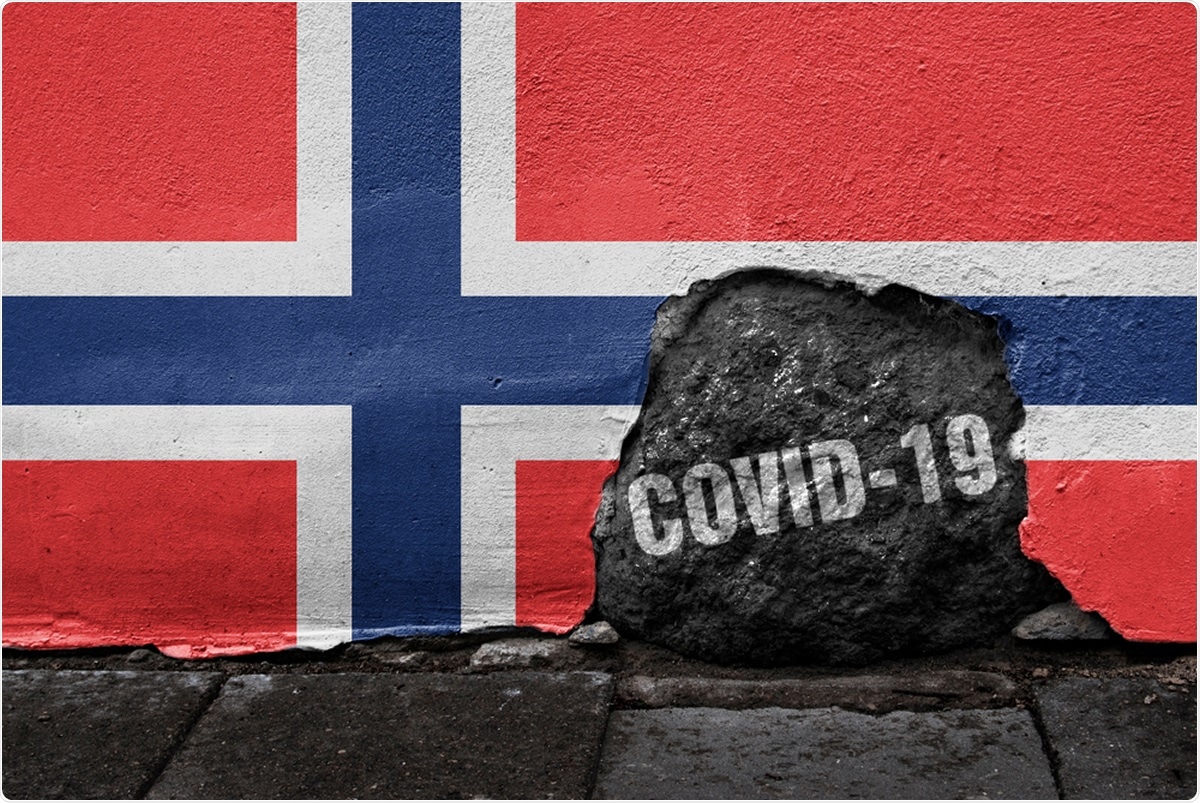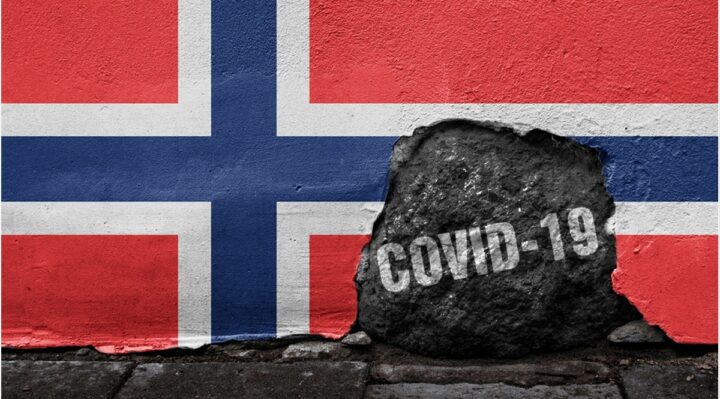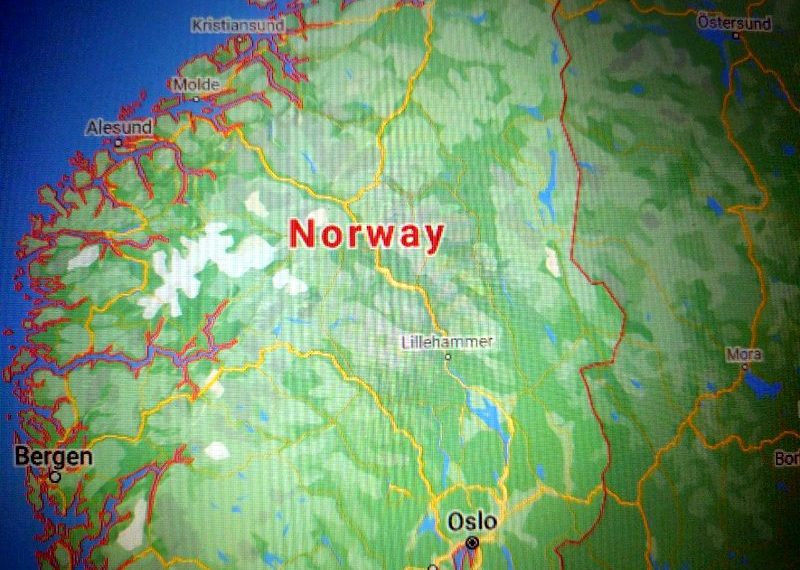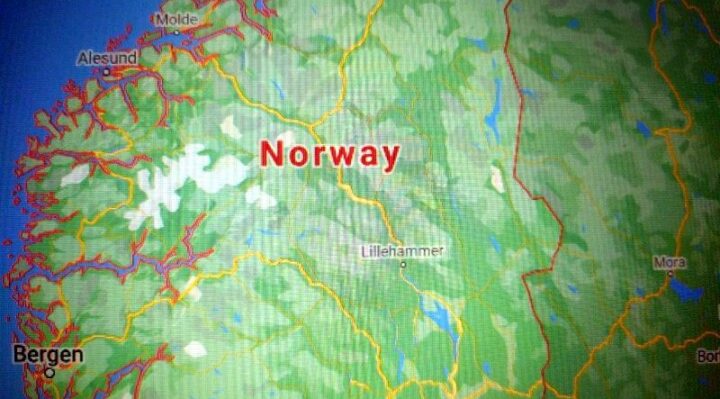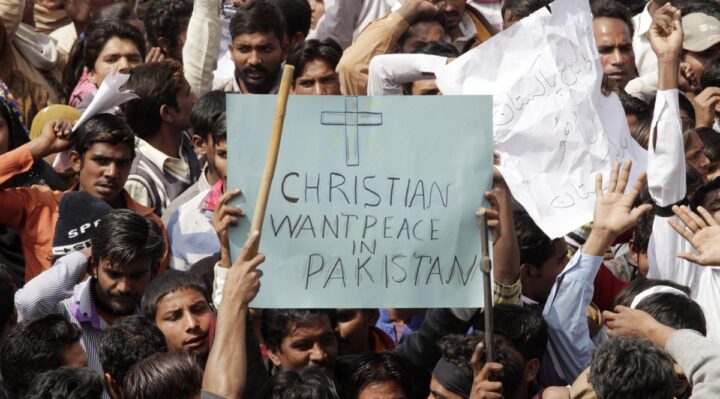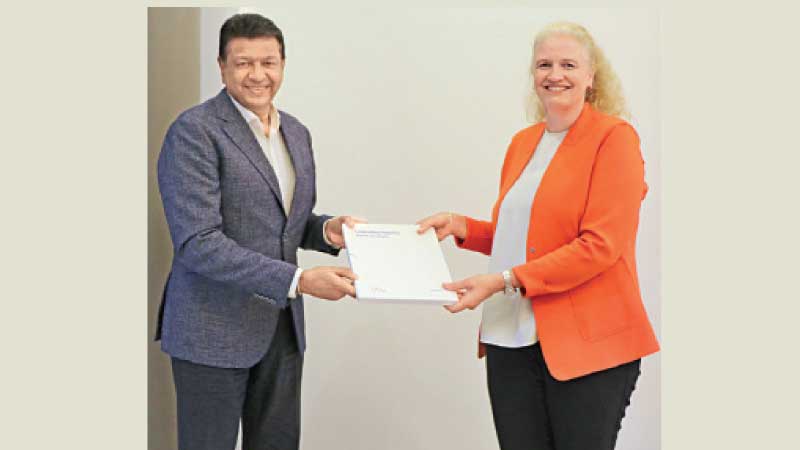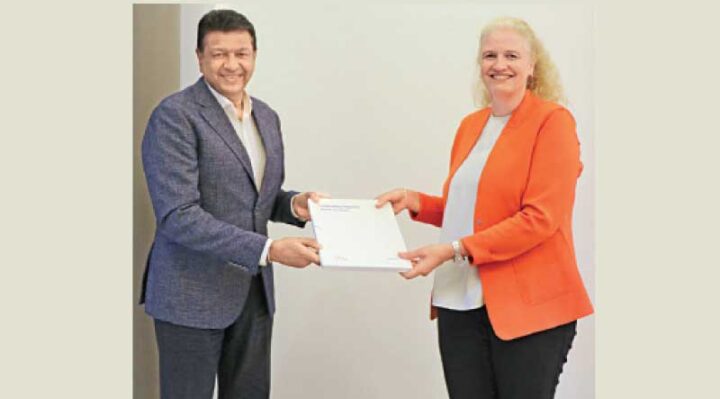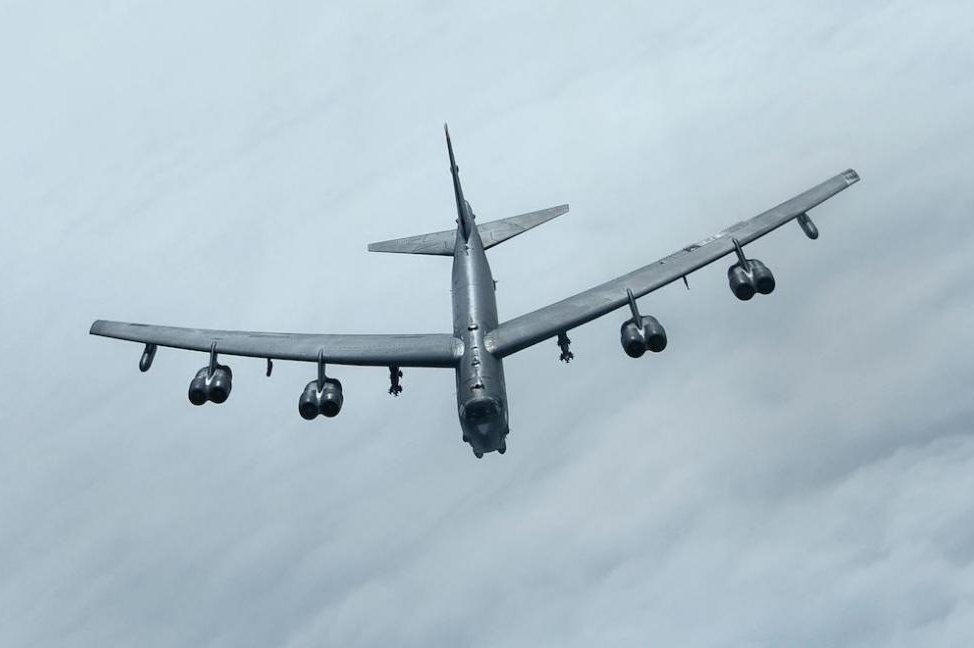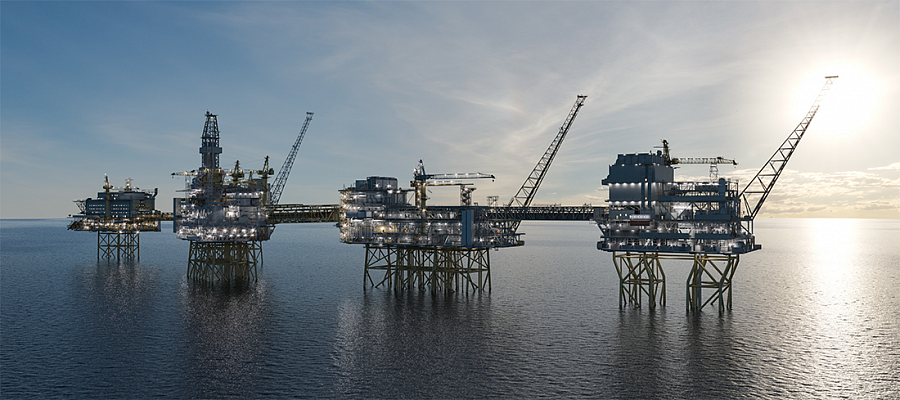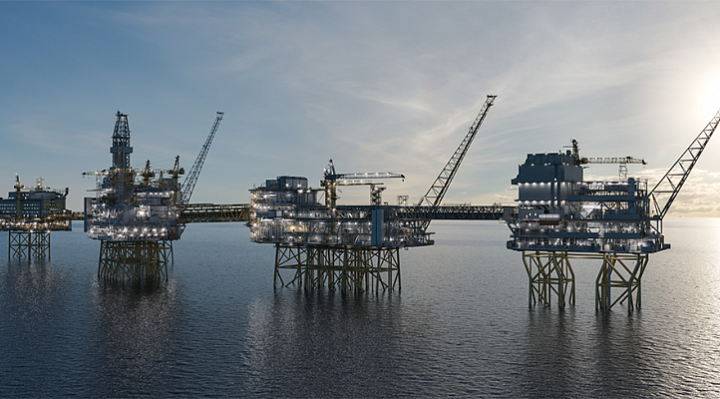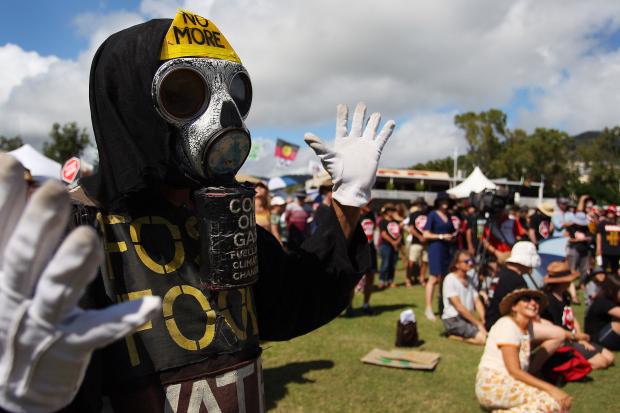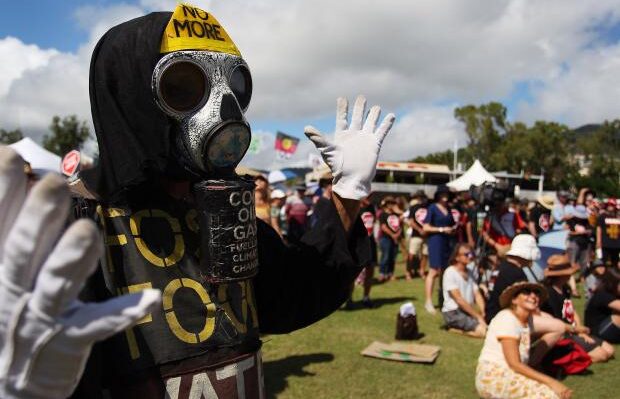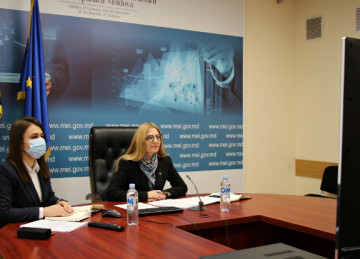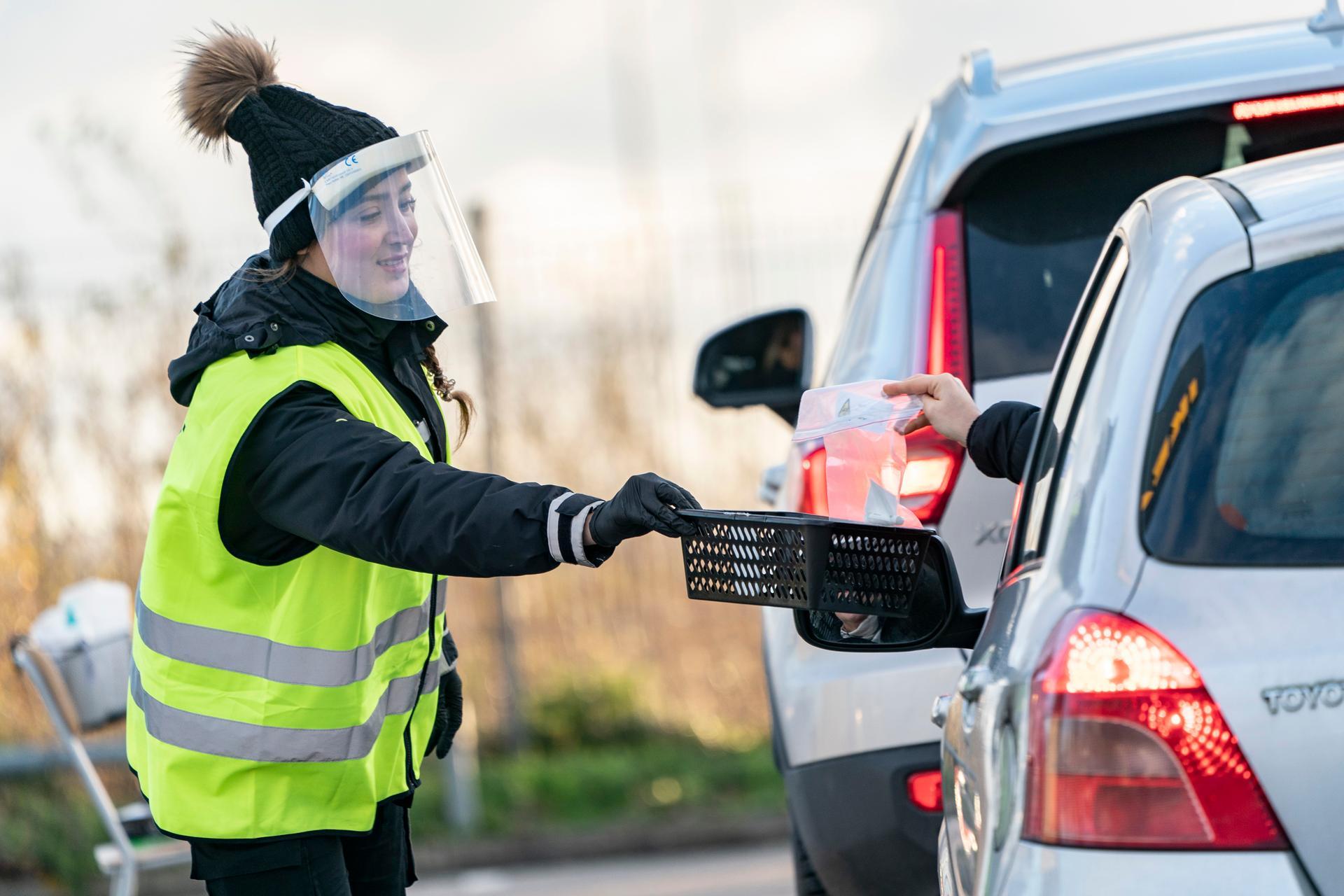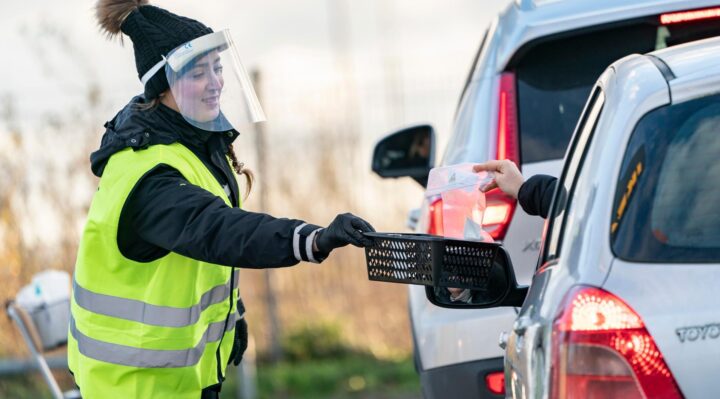Norwegian rescuers deployed drones and dogs to negotiate unstable clay soil in a search for 10 people still missing after a landslide in southern Norway swept away more than a dozen buildings the previous day.
Another 10 people were injured, one critically, after the landslide in the residential area in the Gjerdrum municipality, about 30 kilometres north of the capital, Oslo.
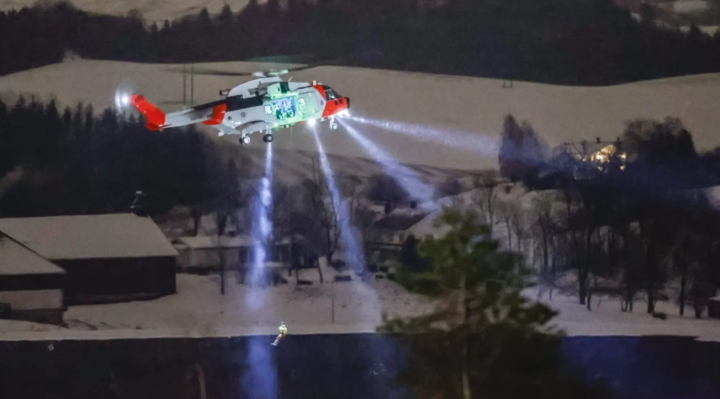
Conditions remained challenging, with the clay ground still too unstable for emergency workers to walk on and temperatures registering minus 1 degree Celsius at 0600 GMT.
The edges of the crater continued to break away, authorities said, asking people not to approach the area. Some 1000 people have so far been evacuated.
“We are still searching for survivors,” the head of the police operation at the site, Roger Pettersen, told reporters, adding that both children and adults were missing.
During the night, police used drones with heat-seeking equipment to search for survivors in the debris. Helicopters have tried lowering military and police with search-and-rescue dogs on some structures believed stable enough to stand on.
A Dalmatian dog was rescued during the night.
On Thursday, Pettersen asked locals not to send up fireworks to celebrate New Year’s Eve so as to not interfere with the helicopters and drones.
Separately, questions were being asked about why construction was allowed in the area.
Broadcaster TV2 said a 2005 geological survey for municipal authorities labelled the area at high risk of landslides. But new homes were built three years after the report was published.
In a rare public statement, Norway’s King Harald said the landslide had left a deep impression.
“My thoughts are with all those who are affected, injured or have lost their homes, and those who now live in fear and uncertainty of the full extent of the catastrophe,” the 83-year-old monarch said in a statement released by the royal palace.

